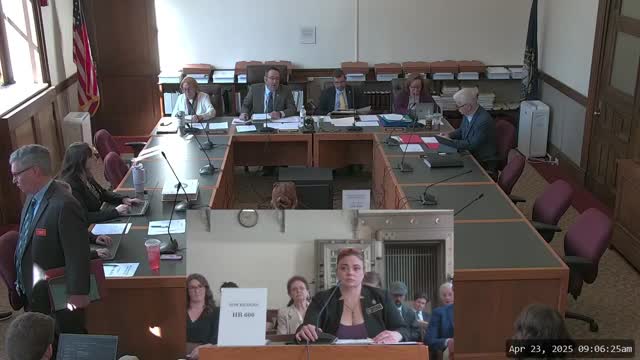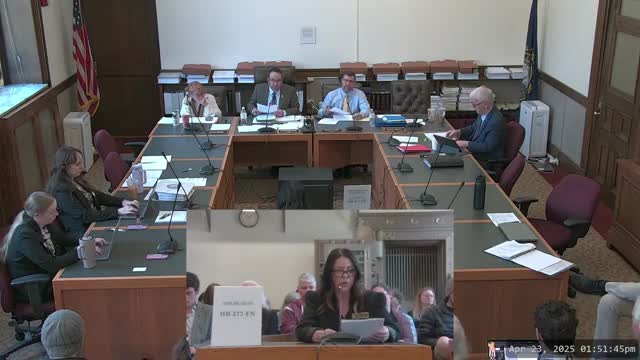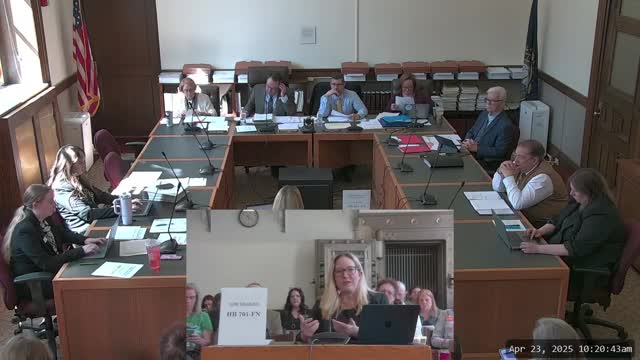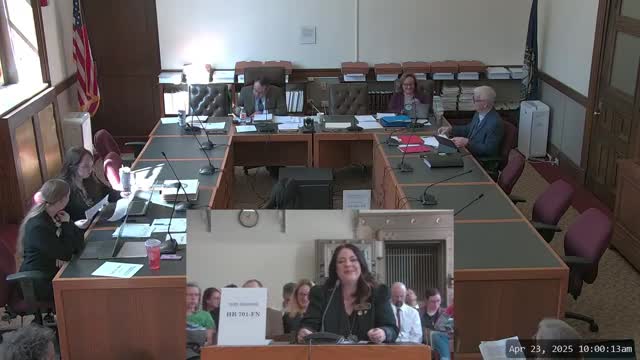Article not found
This article is no longer available. But don't worry—we've gathered other articles that discuss the same topic.

NH hearing spotlights bill to bar doctors from denying sterilizing care based on age, family status

Debate intensifies over ban on puberty blockers and hormones for minors as Senate hears emotional testimony

Bill to bar elective breast surgeries on minors draws sharply divided testimony in Concord

